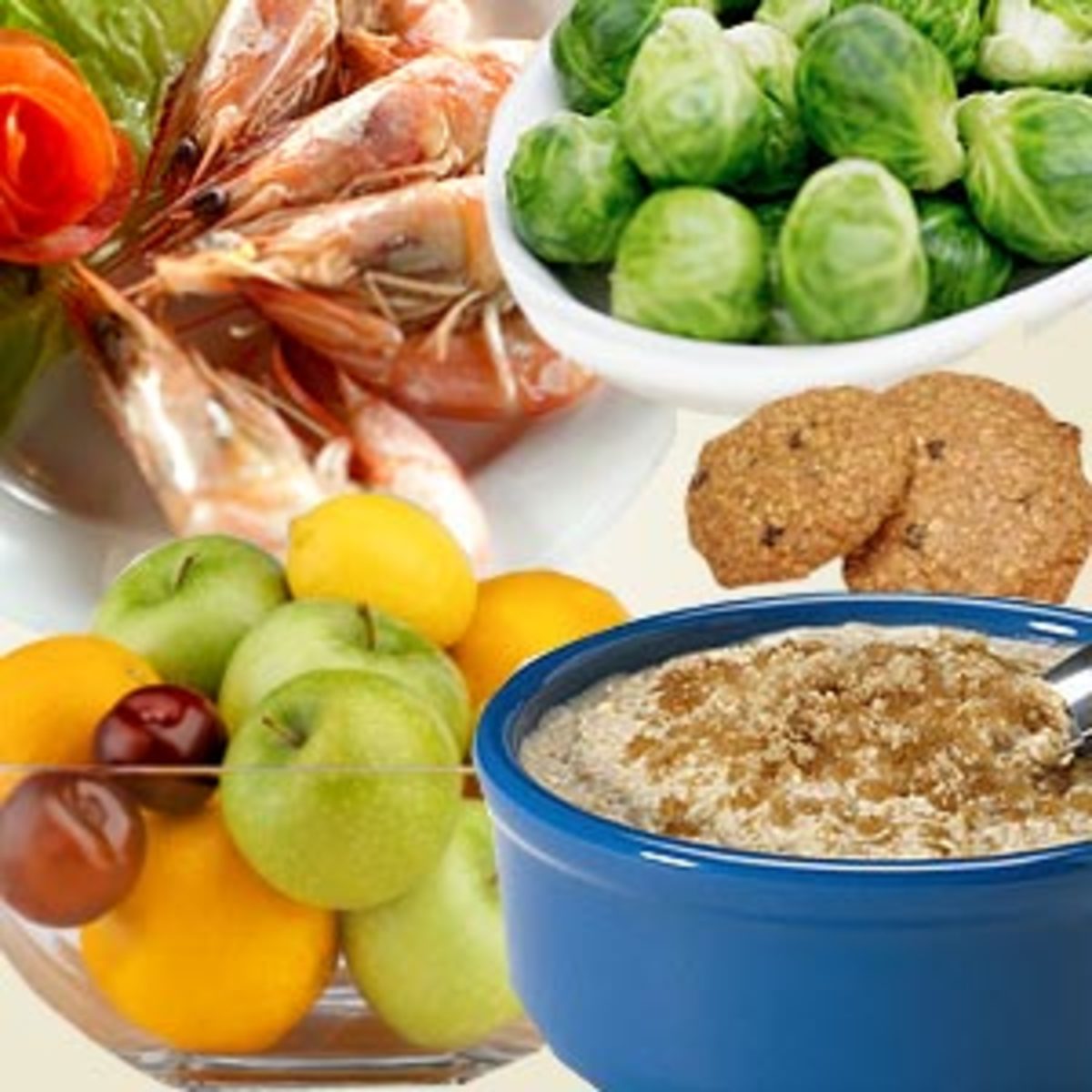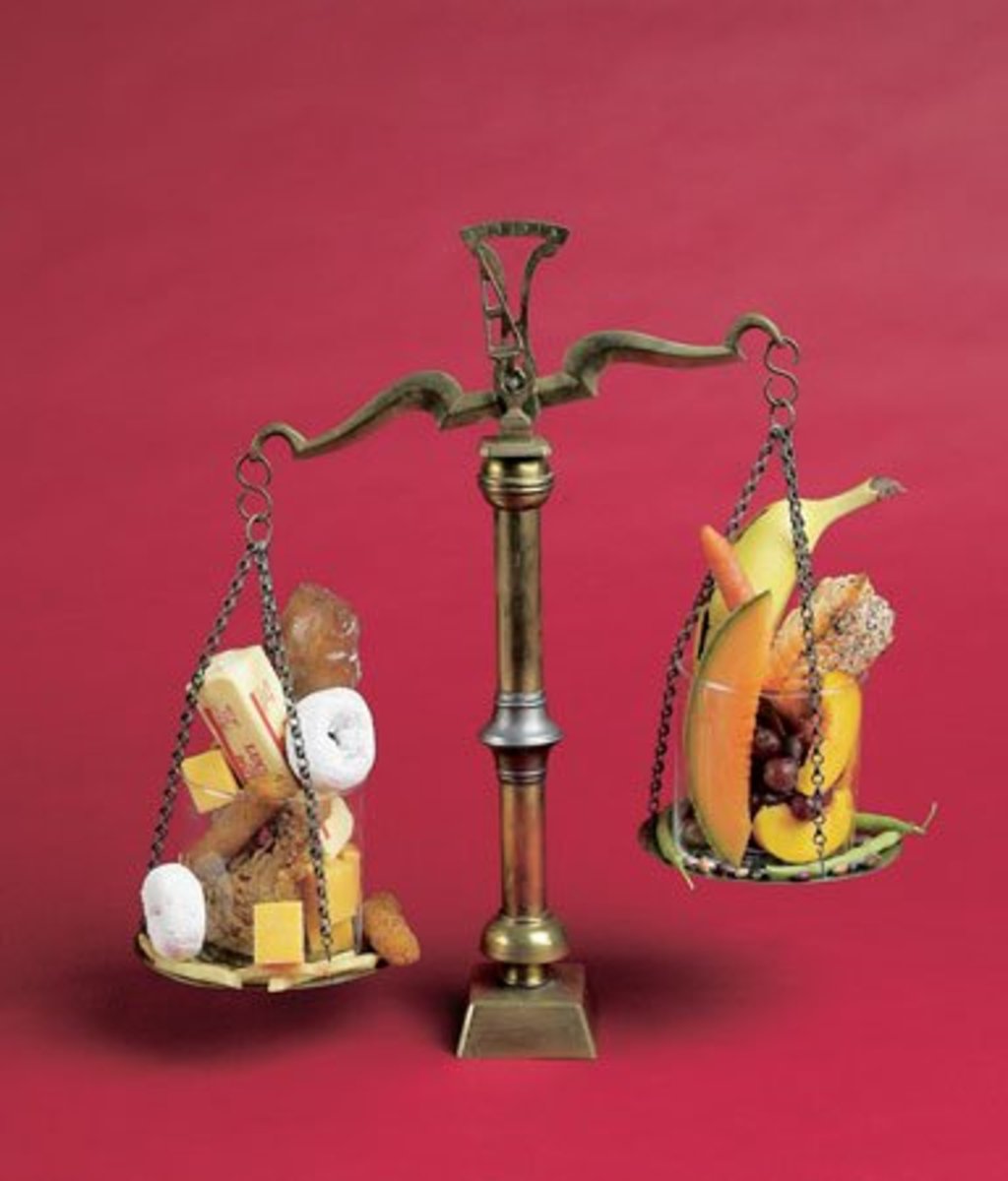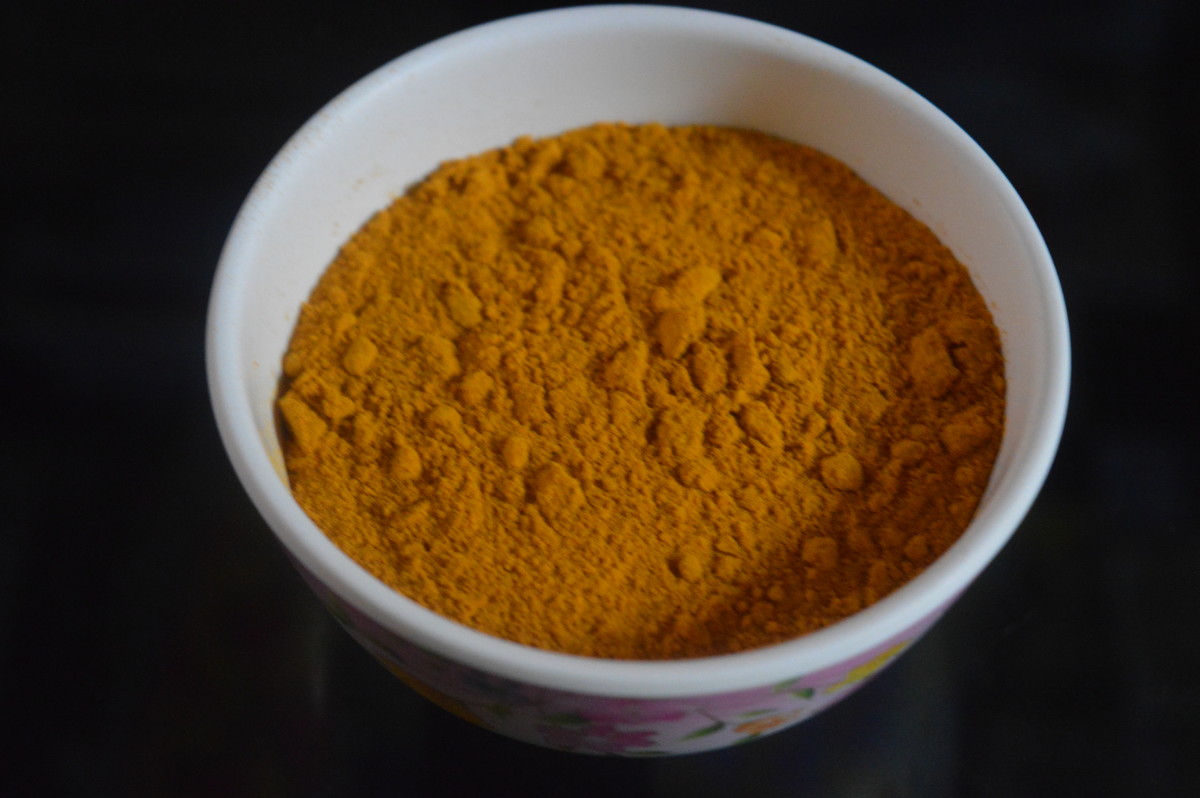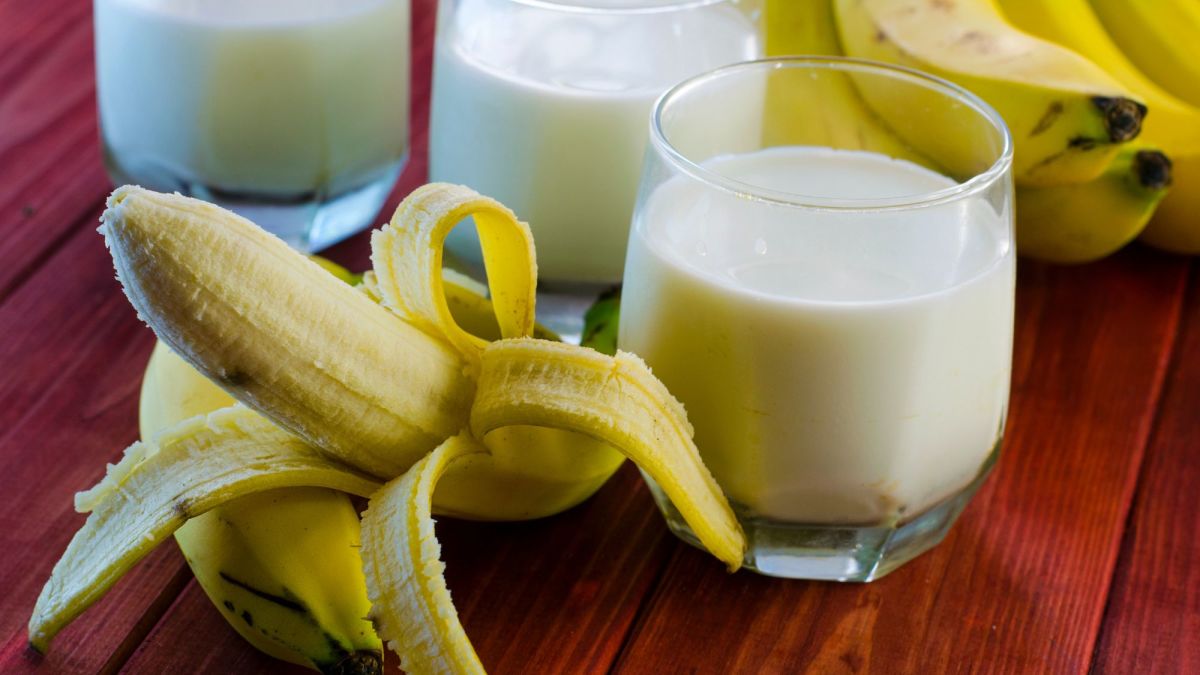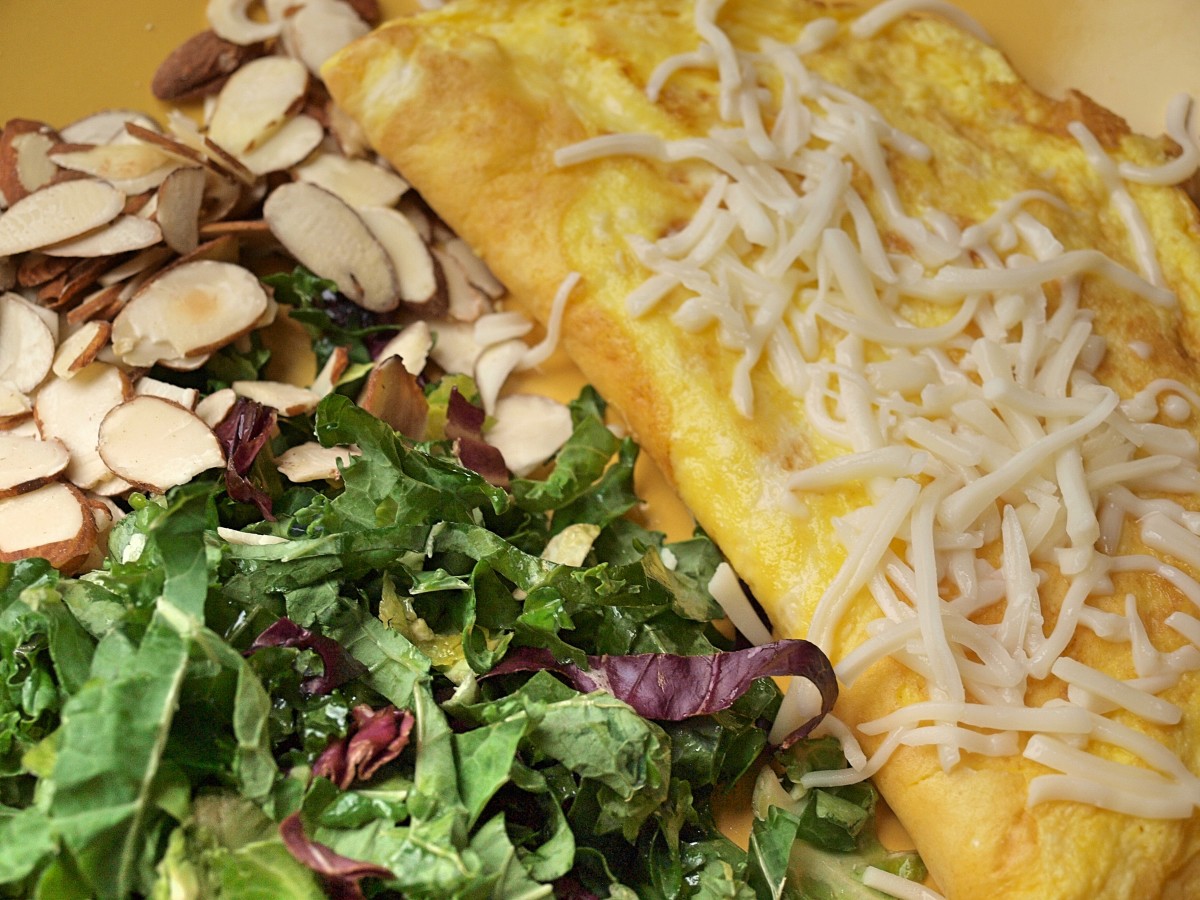- HubPages»
- Health»
- Diet & Weight Loss»
- Healthy Diets
How to Lower Cholesterol Levels by Changing Diet
Can people lower cholesterol levels just by altering their diet? The answer to that must be a very definite 'yes'. When a simple cholesterol-lowering diet was offered to a group of London civil servants, the proportion of those with cholesterol values below 5.2 mmol/1 rose from only 5 per cent to 29 per cent. So it can be done. Those who try it find, very often, that they actually enjoy the new eating style, and the way they feel on it.
Cholesterol reaches the bloodstream from two sources: in the food we eat (as in eggs) or from our own fivers, where it is made from fats (mainly animal fats) taken in food. Dietary cholesterol is probably much less important than eating animal fats in producing atheroma, so that, except in people with very high cholesterol levels, high cholesterol foods such as eggs and animal liver need not be too restricted. Nevertheless, two or three eggs a week, and liver no more than once a week are probably enough for any adult.
What really matters, however, is how much fat we eat. We get our fats from red meat and dairy products, such as cream, cheese, butter and full cream milk. The authorities now recommend that dietary fats should only account for between 30 and 35 per cent of the total calorie intake - this is far lower than most British diets.
This is especially true for children. For most British children 40 per cent of their food energy supply, measured as calories, is taken in as fat: this figure rises to 50 per cent or more for junk food addicts. This is potentially tragic, because atheroma starts in childhood, and all those hamburgers and chips are likely to lead to heart trouble in relatively early adulthood.
For parents worried about themselves and their children, there are immediate steps to be taken. The first is to grill, rather than fry, foods. Very small children, say up to the age of five, may need full cream milk as a source of energy. After then, however, it is better for everyone to drink or cook with semi-skimmed or skimmed, rather than whole milk.
For the most part, butter and hard margarines should be largely replaced by low fat soft spreads made from buttermilk and skimmed milk, or by soft margarines made from polyunsaturated vegetable oils. If you must eat cheese, choose cottage-type makes with low fat content, rather than traditional cheddar.
Vegetable oils, rather than lard or butter, should be used for cooking; and fish, poultry and vegetables should replace, as far as possible, meats and dairy products. There is no need to cut out beef, lamb and pork altogether, but it is wise to eat them on a maximum of two days a week, and to cut off all the obvious fat before eating them.
Here a point should be made about osteoporosis. This has been suggested as the 'down side' of low fat food. The loss of bone mineral after the menopause, which leads to hip fracture and bowed spines in older women, has been blamed on diets deficient in calcium and fats. This is not true. The progress of osteoporosis is relentless regardless of diet. Women who wish to keep their bones strong and well mineralized could not do better than to keep active (exercise is the best way to keep bones strong) and to have a diet full of good quality vegetables - just the diet that will also protect their hearts.
In fact, the ideal diet is to go Italian. Italian food is not only among the best in the world, it is certainly the healthiest! Italians cook mainly in olive oil, eat plenty of high quality vegetables and fruit, their fish is superb, and they eat meat sparingly. Their vegetable soups are not only tasty, they are virtually fat-free and filling, too. One advantage of eating them as a starter is that you will eat less in your main course.
Their pastas are starchy, rather than sugary, and that is all to the good. Even the garlic helps; garlic and to a lesser extent, onions, contain substances that tend to prevent clotting. Eating garlic every day may not make you popular with your closest friends (unless they - are eating it, too), but it could help you live longer!
The most important thing about this change is that it is a positive one, towards expanding food experiences. It is not a question of cutting down on food. You will find that you will eat just as much, and be just as satisfied, after a high vegetable, high fruit, fish or poultry meal with pasta, or say, a baked potato, than after the meat and two veg and pudding and custard so beloved of the British.
And the new tastes you will encounter on the way will be a revelation. Experiment with spices and throw away the salt cellar, and you will soon find your enjoyment of, and enthusiasm for, food enhanced - without putting on weight.
Of course, not everyone can or wants to eat Italian-style. There are British alternatives - such as that baked potato instead of pasta, and onions instead of garlic. There are alternatives that will serve just as well. Again, make fish or poultry your main source of protein. Grill them, or shallow fry them in oil: for a bit of extra taste, try frying them in oatmeal. Don't reuse the oil more than three times: repeated use turns oils from 'unsaturated' to 'saturated'.
The last ten years have seen a revolution in the vegetables and fruits that are available in British shops. We are no longer limited to cabbage, sprouts, carrots and peas, or apples, plums and pears. Vegetables are no longer seasonal. We can buy cauliflower, broccoli, courgettes, peppers, aubergines, avocados (full of fat, perhaps, but of the right sort), and a myriad of other vegetables all the year round.
The same goes for fruits: think of the variety of oranges now on the shelves, and the abundance of pineapples, grapes, melons and kiwi fruits. We can even enjoy fresh pawpaws, mangoes or guavas.
So changing your style of eating (abolish the thought that it is a 'diet') to include all these new possibilities should be looked on as an adventure, rather than an imposition - as a positive step to a much more enjoyable life.
- How to Give Up Smoking
So you have decided you must stop smoking, or you want to help your partner to stop. How do you go about it? Most important of all is to find the right reason to stop. No one ever stops who does not want... - How the Heart Beats
Obviously, the blood supply to the heart muscle has to be special. To beat efficiently, the heart has first to push blood from the upper chambers, called the atria, to the lower and larger chambers, the...

